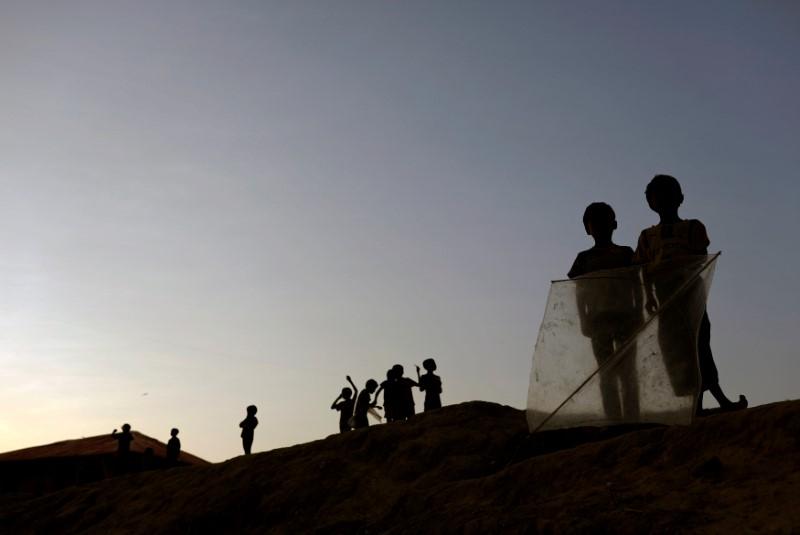BANGKOK–Humanitarian workers and journalists should be given free access to Burma’s Rakhine State, where violence has prompted some 650,000 Rohingya to flee to Bangladesh, the head of a new international advisory panel on the crisis said.
Surakiart Sathirathai, a former Thai foreign minister, also expressed concern at the arrest of two Reuters reporters in Burma last month and said he hoped the case did not lead to broader restrictions on the international media.





